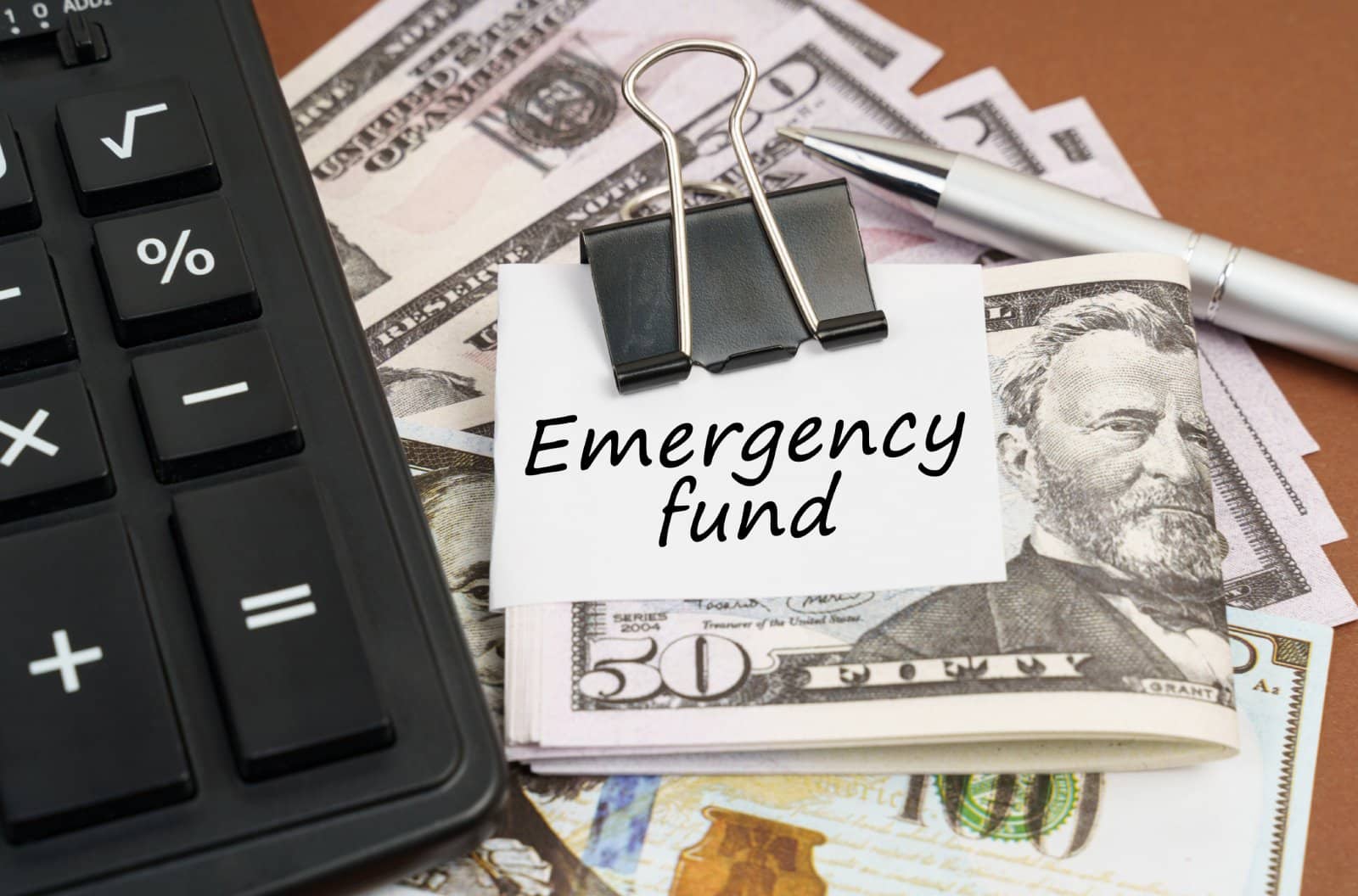These uncertain times demand smart financial moves. Feeling uneasy about your finances? Arm yourself with these 20 expert-backed tips to safeguard your wealth and stay financially resilient.
1. Build An Emergency Fund

Experts recommend saving three to six months of living expenses in an emergency fund. With inflation still affecting costs, aim for the higher end of this range to cover unexpected expenses like medical bills or job loss.
2. Diversify Your Investments

Putting all your money in one asset class can be risky, especially in volatile markets. Diversifying across stocks, bonds, real estate, and even commodities helps spread risk, ensuring that a downturn in one sector doesn’t wipe you out.
3. Pay Down High-Interest Debt

With interest rates continuing to fluctuate, carrying high-interest debt can be financially crippling. Focus on paying down credit cards and personal loans, which often carry the highest interest rates, to reduce your financial vulnerability.
4. Review And Adjust Your Budget Regularly

With inflation and economic shifts, what worked last year might not work now. Regularly reviewing and adjusting your budget allows you to account for rising costs and make sure your spending aligns with your financial goals.
5. Maintain Adequate Insurance Coverage

Insurance isn’t just about health and home; it’s also about income protection. In 2024, consider disability and life insurance to safeguard your family’s financial future in case of unexpected events.
6. Stay Invested For The Long Term

Market volatility can be nerve-wracking, but pulling out of investments during downturns can lock in losses. History shows that markets recover over time, so stick to your long-term investment strategy rather than reacting to short-term fluctuations.
7. Build Multiple Income Streams

Relying on a single income source can be risky during economic uncertainty. Diversifying your income through side gigs, investments, or passive income streams provides a financial cushion if one source dries up.
8. Refinance Debt If Possible

With interest rates expected to remain unpredictable, now might be a good time to refinance high-interest debt into lower-rate loans. Refinancing can reduce your monthly payments and save you thousands in interest over time.
9. Avoid Emotional Financial Decisions

In times of uncertainty, fear and anxiety can lead to poor financial decisions. Stay calm, do your research, and consult a financial advisor if needed before making major financial moves.
10. Invest In Inflation-Protected Securities

Treasury Inflation-Protected Securities (TIPS) are government bonds that adjust with inflation, protecting your purchasing power. In a high-inflation environment, these can be a smart addition to your portfolio.
11. Automate Your Savings

Automating savings ensures that you’re consistently putting money aside, no matter what the economy does. Set up automatic transfers to your savings and retirement accounts to stay on track with your financial goals.
12. Stay On Top Of Credit Scores

A good credit score is essential for securing loans, mortgages, and favorable interest rates. Regularly check your credit report for errors and take steps to improve your score, like paying bills on time and reducing credit card balances.
13. Don’t Neglect Retirement Savings

Even in uncertain times, it’s crucial to keep contributing to your retirement accounts. Take advantage of employer-matching programs and consider maxing out contributions to IRAs or 401(k)s to secure your financial future.
14. Review Your Asset Allocation

Your financial goals and risk tolerance may change over time, especially during economic instability. Reviewing your asset allocation annually ensures that your investment portfolio remains aligned with your goals and current market conditions.
15. Stay Informed About Economic Trends

Keeping an eye on economic indicators like inflation rates, unemployment numbers, and Federal Reserve policy decisions can help you make informed financial choices. Staying informed helps you anticipate changes and adjust your financial strategy accordingly.
16. Negotiate Bills And Expenses

Many bills, from cable to insurance premiums, are negotiable. With inflation affecting every budget, it’s more important than ever to call service providers and ask for better rates or look for more affordable alternatives.
17. Have A Plan For Job Loss

The job market remains uncertain, so having a plan for potential unemployment is crucial. Build your emergency fund, update your resume, and stay connected with your professional network to be prepared for unexpected job changes.
18. Invest In Yourself

Upskilling or reskilling can make you more marketable in a changing job landscape. Investing in education or professional development can help you stay competitive and potentially increase your income.
19. Consider A Health Savings Account (HSA)

If you’re enrolled in a high-deductible health plan, an HSA offers triple tax advantages: tax-deductible contributions, tax-free growth, and tax-free withdrawals for medical expenses. With healthcare costs continuing to rise, an HSA can help you save for future medical needs.
20. Keep A Level Head During Market Volatility

Economic uncertainty is a given, but overreacting can hurt your finances more than help. Sticking to a well-thought-out financial plan, and avoiding knee-jerk reactions to market volatility, is the best way to protect your finances in the long run.
Stay Prepared And Stay Calm

Uncertain times are inevitable, but these strategies can help you navigate them with confidence. By staying proactive and informed, you can protect your finances and weather whatever challenges life brings your way.
Featured Image Credit: Shutterstock / PeopleImages.com – Yuri A.
The content of this article is for informational purposes only and does not constitute or replace professional financial advice.
The images used are for illustrative purposes only and may not represent the actual people or places mentioned in the article.
For transparency, this content was partly developed with AI assistance and carefully curated by an experienced editor to be informative and ensure accuracy.

